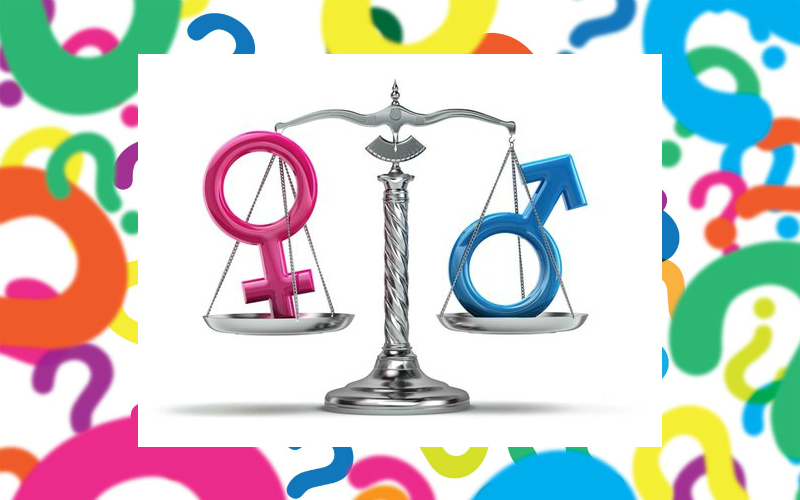As AFN previously reported, Texas' new law requires that public school library vendors review and assign book ratings for any sexual content. They must label books as "sexually explicit," "sexually relevant," or "no rating."
The law seeks to protect children from exposure to inappropriate or explicit sexual content in books and other materials in public school libraries, and it enables the Texas Education Agency (TEA) to have oversight of the ratings.
Pointing out that the movie industry rates films, Laurie Higgins of Breakthrough Ideas wonders why book vendors have not already had to do likewise.
"This is just outrageous that they would object to a rating system and that they would be so desperate to get pornographic material in front of the eyes of other people's children," she comments.
She does not think the publishers would have filed this 28-page lawsuit if such a law had been passed anywhere else.

"If this was happening in some little Podunk state, some tiny, little state not influential in the publishing industry, it's unlikely that they would be going after it," Higgins contends. "But they know that Texas is hugely influential in the book publishing industry."
Governor Greg Abbott (R) signed House Bill 900, also known as the Reader (Restricting Explicit and Adult-Designated Educational Resources) Act, into law in June after it was passed during the regular legislative session. Unless the court intervenes, it will take effect on the first of September.
The plaintiffs—Houston's Blue Willow Bookshop, Austin's BookPeople, American Booksellers Association, Association of American Publishers, Authors Guild, and Comic Book Legal Defense—call the Reader Act a "book ban" and argue that it violates the First and Fourteenth Amendments to the U.S. Constitution.
They are asking the court for preliminary and permanent injunctions.







